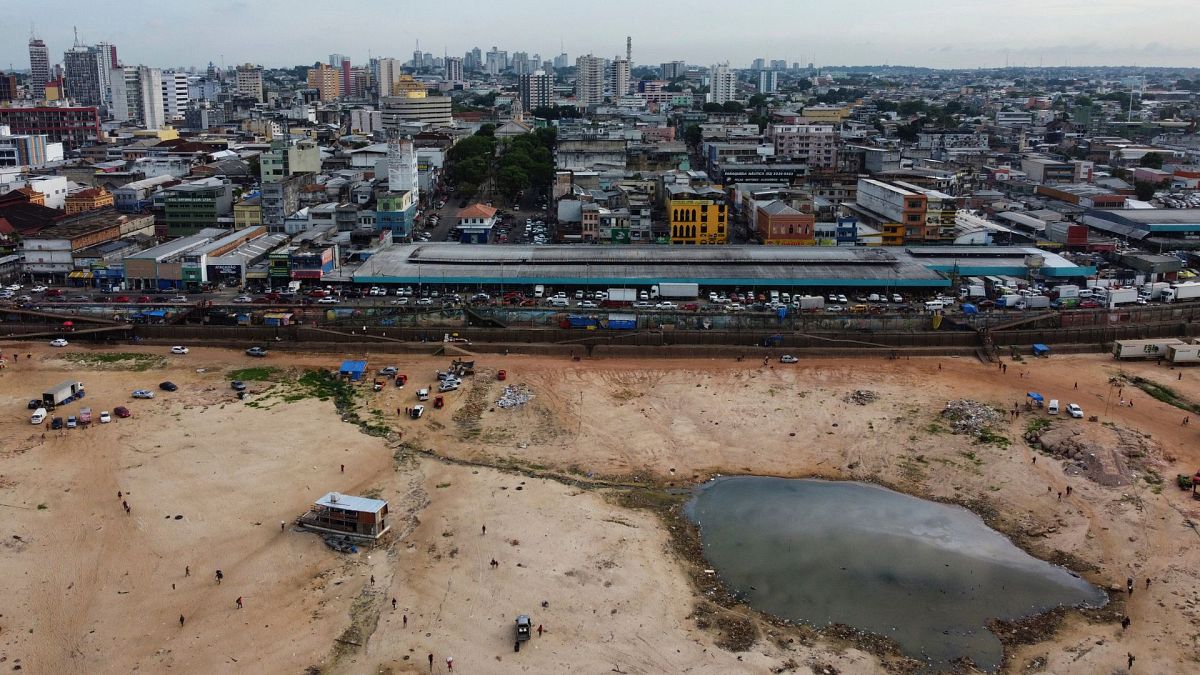Last year, the world experienced the driest conditions in global rivers in 33 years, according to a new report by the World Meteorological Organization (WMO). The State of Global Water Resources report highlighted below-normal river flows and reservoir inflows over the past five years, putting pressure on global water supplies. This report brings together data from various sources to provide a comprehensive view of the world’s water cycle, encompassing extreme floods, droughts, glaciers, and groundwater.
WMO Secretary-General Celeste Saulo emphasized the importance of water as an indicator of climate change, with distress signals in the form of extreme weather events impacting lives, ecosystems, and economies. Melting ice and glaciers are threatening long-term water security for millions of people, yet urgent action is lacking. In 2023, a significant portion of global catchment areas showed abnormal conditions, leading to reduced river discharge in regions like North, Central, and South America, as well as parts of Asia and Oceania. Some areas experienced record low water levels, while others faced devastating floods.
The climate crisis is driving extreme changes in the world’s water cycle, with 2023 being the hottest year on record. Scientists attribute the combination of prolonged droughts and destructive floods to both the climate crisis and natural weather phenomena. The increasing severity and unpredictability of these events are making it challenging to manage water resources effectively. Glaciers worldwide experienced the highest rate of water loss in 50 years, with significant melting observed in regions like western North America and the European Alps.
The report also highlighted the need for improved monitoring and data sharing, particularly in the Global South. Despite advancements in data collection, regions like Africa, South America, and Asia are still underrepresented, hindering efforts to accurately assess the state of freshwater resources. WMO Secretary-General Celeste Saulo stressed the importance of measuring water resources to effectively manage them, emphasizing the lack of knowledge about the true state of global water availability.
Overall, the State of Global Water Resources report paints a concerning picture of the world’s water cycle, with extreme weather events, droughts, floods, and melting glaciers posing significant challenges to water security. Urgent action is needed to address the impacts of the climate crisis on water resources and ensure sustainable management for future generations. Improved data collection and monitoring efforts are crucial to better understand and address the challenges facing global water supplies.










